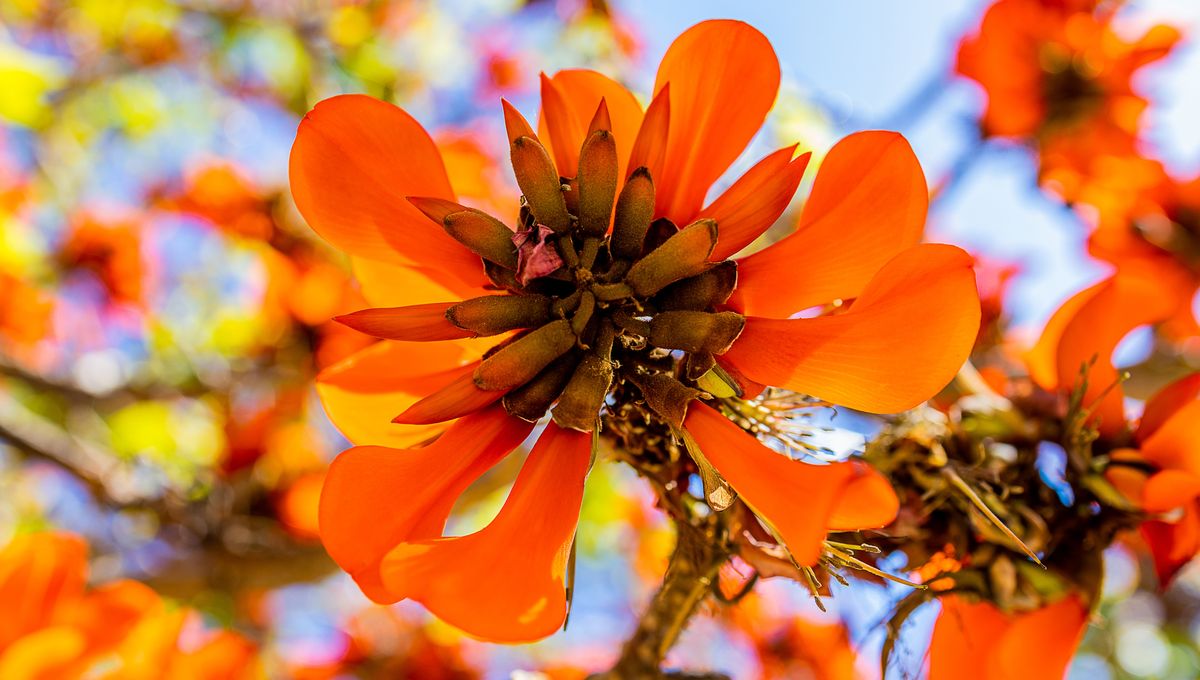
After years of debate, botanists have now voted to change the scientific names of over 200 species of plant, fungi, and algae that make references to a racial slur, the first time such a move has been made.
The decision took place at the International Botanical Congress (IBC) in Madrid, where 351 out of the 556 people who attended voted in favor of changing names containing, or with roots in the word caffra, a slur that’s been used against Black people, particularly in South Africa.
Set to take effect at the end of July, the offensive term will be replaced with affra and various derivatives, as a way of making reference to the species’ African origins.
It’s a change that was first proposed by botanists Gideon F. Smith and Estrela Figueiredo of Nelson Mandela University back in 2021, calling for the shift to be made “permanently and retroactively”.
Speaking on the recent decision, Smith told Science: “[We] express our gratitude to our colleagues from around the globe who supported our efforts to rid botanical nomenclature of a despicable, racial slur.”
Though it was ultimately amended such that only new species names would be ruled on, there had also been a proposal to create a new committee that would vote on changing any offensive species name retroactively.
“It is time for the nomenclature of algae, fungi, and plants to get to grips with what has been perceived, at least by some, as its colonial past and deliberately, completely and irreversibly eliminate the use of such offending epithets from scientific plant names,” argued Smith and Figueiredo in their 2021 proposal.
Not everyone in the world of taxonomy takes the same stance. Last year, for example, the International Commission on Zoological Nomenclature stated its position was to keep the scientific names of animals the same, citing that to do otherwise would be “difficult to implement and unlikely to be recognized by the whole biological community.”
“The stability of scientific names is essential for all activities under the umbrella of biological science,” they wrote in a journal article stating their position.
That argument may well be undercut by the practical problems created when researchers find themselves in circumstances where they need to use a species’ scientific name, but it contains an offensive term.
“[I]t is very difficult to talk about such plants [in Africa], as it is a word that is even banned in some regions, creating a real communication problem,” explained botanist Sonia Molino, who had attended the IBC meeting, in a post to social media platform X.
The American Ornithological Society took a middle ground of sorts last November – while scientific names remained the same, it was decided to change the English names of birds named directly after people, with many birds having common names linked to people with ties to slavery, racism, and misogyny.
The debate over whether or not scientific and common names should be changed is one that is likely to rage on even in light of the recent vote – and that goes for disciplines outside of biology too.
Source Link: Botanists Vote To Remove Racist Reference From Plants’ Scientific Names For First Time